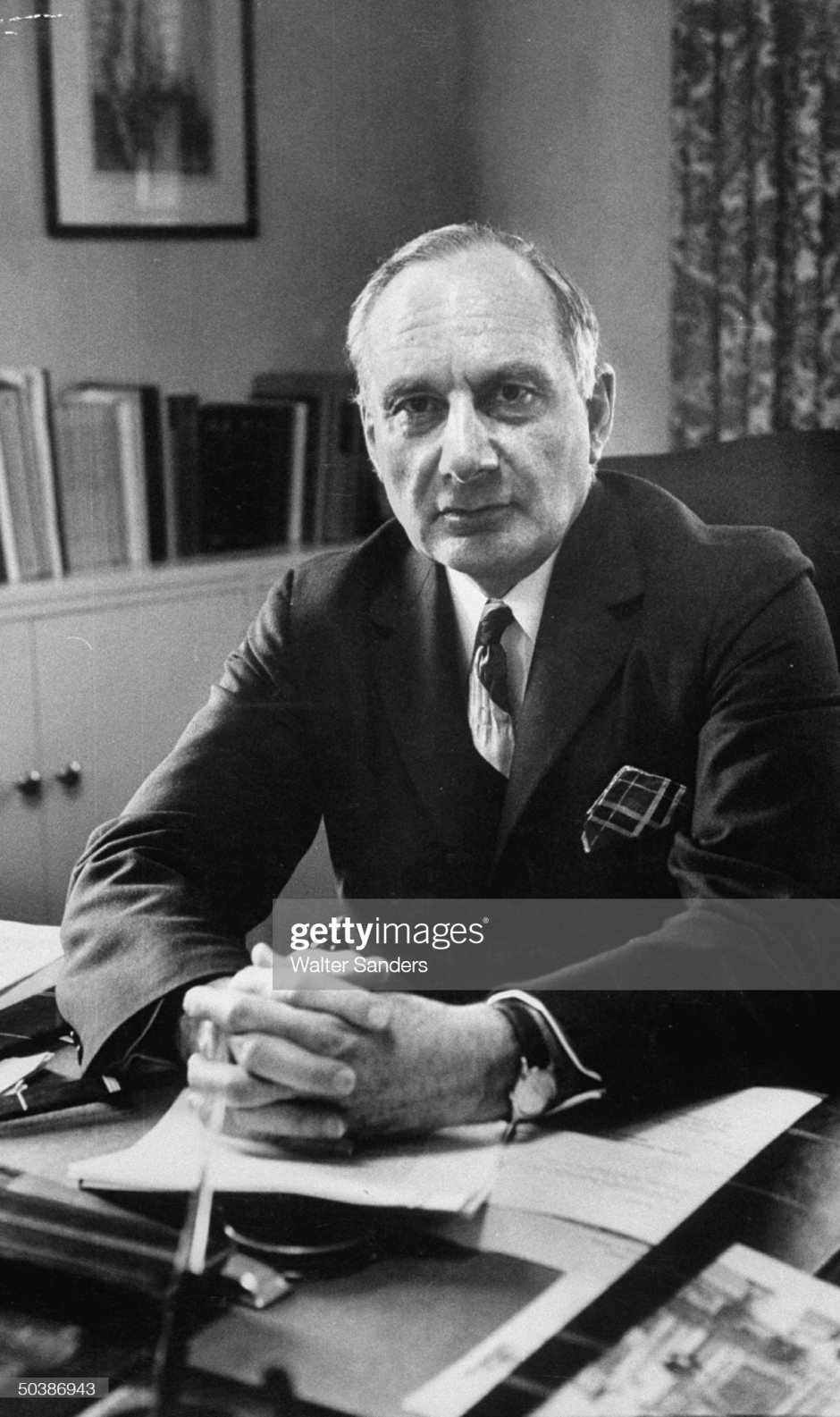Readers may have heard that Max Lucado, who seems to have avoided controversy until now in the post-Ferguson state of American evangelicalism, preached at the National Cathedral. And then he became for the Cathedral was Tim Keller was for Princeton Seminary. Lucado had preached a sermon in 2004 in which he asserted that homosexuality was sinful. (The people who run the Cathedral don’t have computers with search engines?). He issued a clarification after this news came to light and apologized for hurtful words. (This is a fuller account.) But that was not enough and so the Dean of the Cathedral and the Episcopal Church’s D.C. bishop have issued an apology for letting this evangelical pastor preach in their pulpit:
I would like to apologize for the hurt caused in inviting Max Lucado to preach at Washington National Cathedral, and for not heeding the appeals that came to Dean Hollerith and me prior to Sunday, February 7 asking us to reconsider. I didn’t take the time to truly listen to your concerns. In a desire to welcome a wide variety of Christian voices to the Cathedral pulpit and on the assumption that Max Lucado no longer believed the painful things he said in 2004, I made you feel at risk and unwelcome in your spiritual home. I am sorry.
In the days since, I have heard from those who were not only wounded by things Max Lucado has said and taught, but equally wounded by the decision to welcome him into the Cathedral’s pulpit. I didn’t realize how deep those wounds were and how unsafe the world can feel. I should have known better.
More than apology, we seek to make amends. As a beginning, we invite all who wish to speak of their experiences in the church as LGBTQ+ persons and their allies to join Dean Hollerith and me for a listening session on Sunday, February 21 at 7:00 p.m. EST.
Back in the day, liberal Protestants were not so squeamish about giving offense:
In response to the assembly mandate of 1923, Coffin and his modernist allies in the New York Presbytery addressed the Fosdick situation. In February the Presbytery adopted a report that essentially exonerated Fosdick of any wrongdoing and proposed no change in his status. If this were not enough to ruffle conservative feathers, two other events further agitated the situation. First, in June 1923 the New York Presbytery voted to license two Union students, Henry P. Van Dusen and Cedric O. Lehman, who refused to affirm the truth of the virgin birth. Then, on 31 December 1923, Dr. Henry van Dyke, former pastor of the Brick street Church in New York and then a professor at Princeton University, publicly relinquished his pew at First Presbyterian Church, Princeton because of disagreement with the preaching of Machen, who was serving gas stated supply preacher of First Church. (Bradley J. Longfield, The Presbyterian Controversy, 100)
The rest is history. Van Dusen went on to preside over Union Seminary in New York City during the heady days of Reinhold Niebuhr’s greatness.



